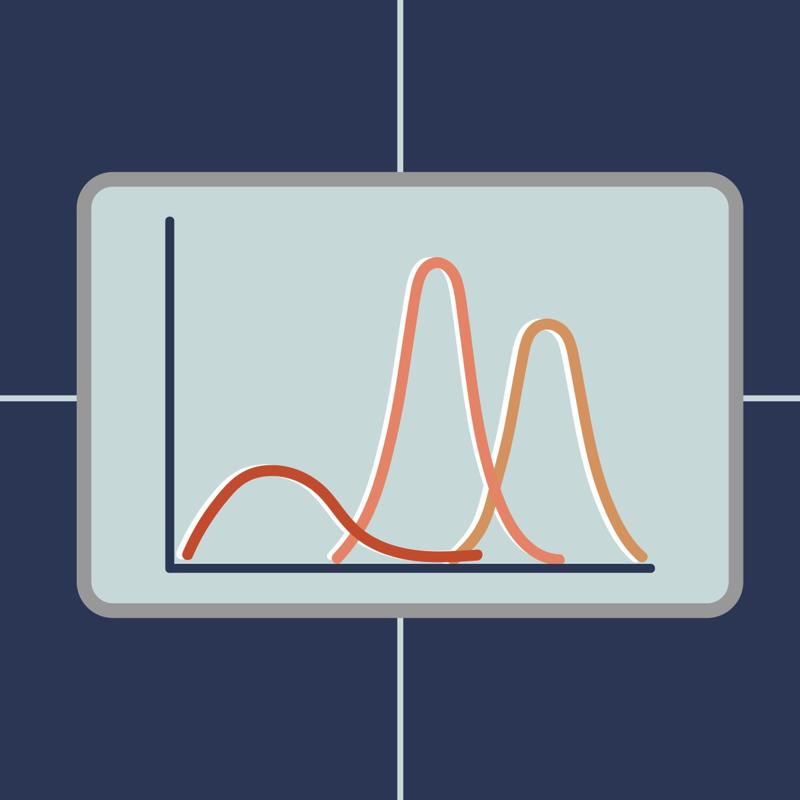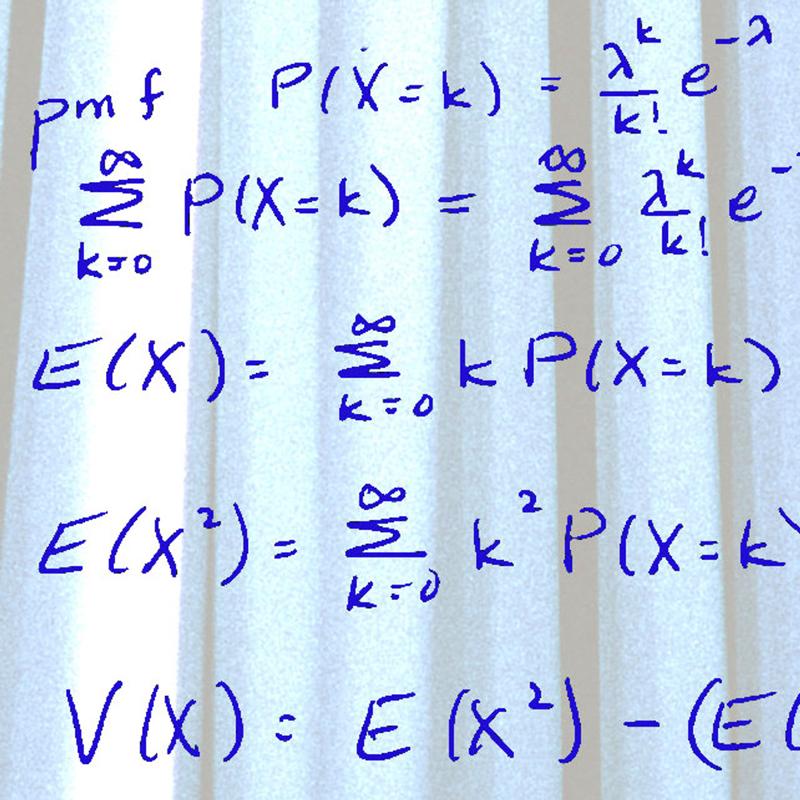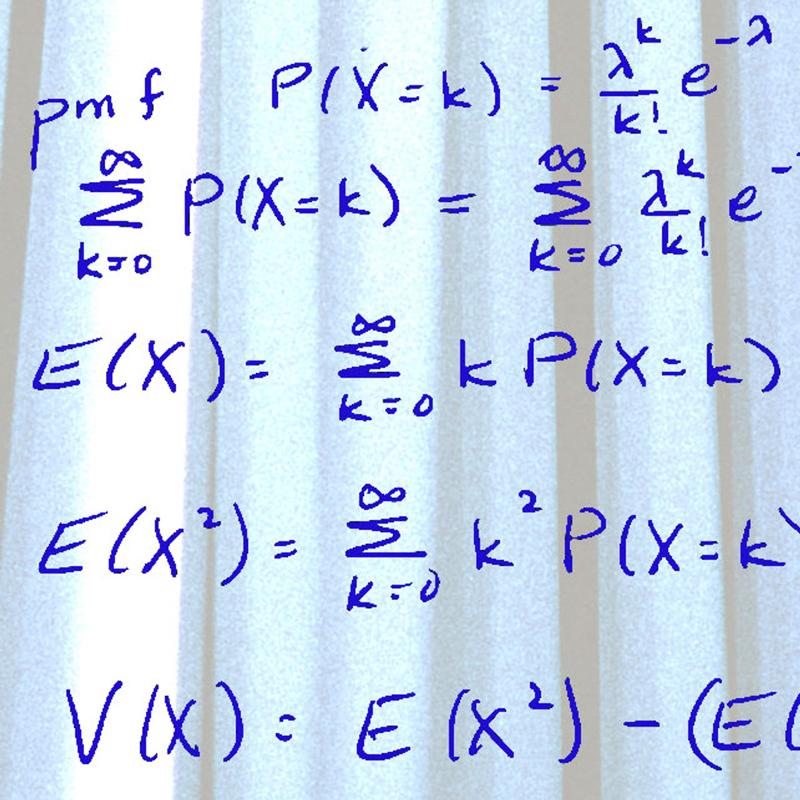Course overview
- Provider
- Coursera
- Course type
- Free online course
- Level
- Intermediate
- Deadline
- Flexible
- Duration
- 34 hours
- Certificate
- Paid Certificate Available
- Course author
- Jem Corcoran
-
- Define a composite hypothesis and the level of significance for a test with a composite null hypothesis.
- Define a test statistic, level of significance, and the rejection region for a hypothesis test. Give the form of a rejection region.
- Perform tests concerning a true population variance.
- Compute the sampling distributions for the sample mean and sample minimum of the exponential distribution.
Description
This course will focus on theory and implementation of hypothesis testing, especially as it relates to applications in data science. Students will learn to use hypothesis tests to make informed decisions from data. Special attention will be given to the general logic of hypothesis testing, error and error rates, power, simulation, and the correct computation and interpretation of p-values. Attention will also be given to the misuse of testing concepts, especially p-values, and the ethical implications of such misuse.This course can be taken for academic credit as part of CU Boulder’s Master of Science in Data Science (MS-DS) degree offered on the Coursera platform. The MS-DS is an interdisciplinary degree that brings together faculty from CU Boulder’s departments of Applied Mathematics, Computer Science, Information Science, and others. With performance-based admissions and no application process, the MS-DS is ideal for individuals with a broad range of undergraduate education and/or professional experience in computer science, information science, mathematics, and statistics. Learn more about the MS-DS program at https://www.coursera.org/degrees/master-of-science-data-science-boulder.
Similar courses

-
Flexible deadline
-
18 hours
-
Certificate

-
Flexible deadline
-
12 hours
-
Certificate

-
Flexible deadline
-
48 hours
-
Certificate

